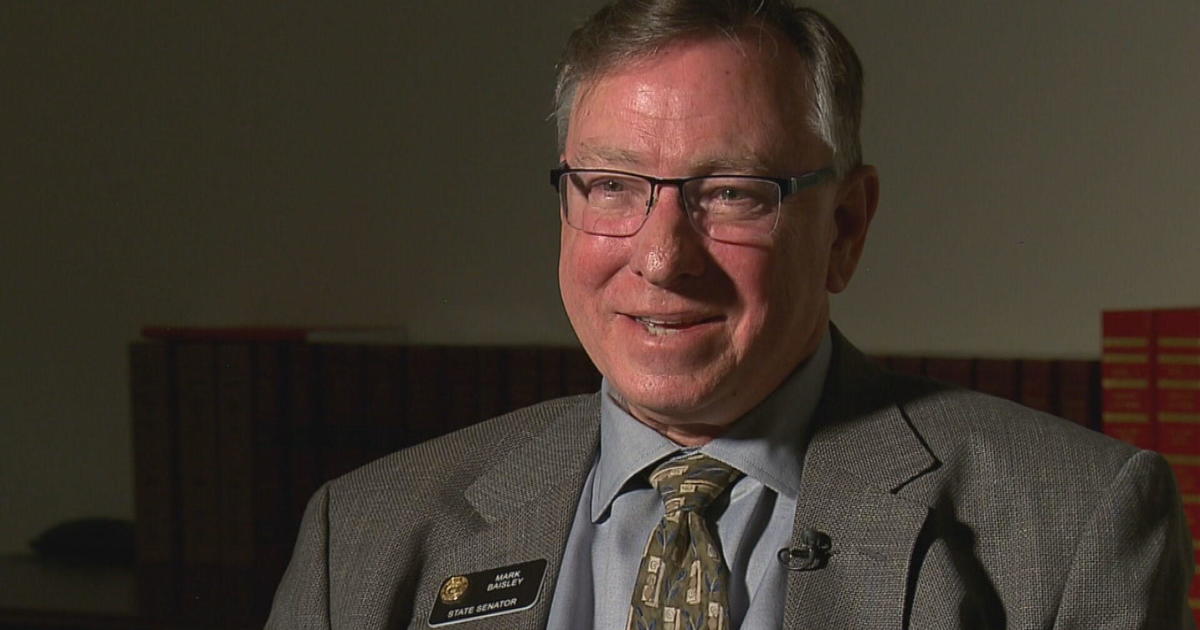How Effective Are OTC Nasal Steroids At Easing Your Allergy Misery?
It's always nice to see a prescription product go over-the-counter. Saves you time, a doctor's visit, etc. And what better "new" OTC product than something for allergies -- just in time for the Colorado spring.
Overall, they are very good products -- maybe better than antihistamines -- but they are not miracle medications and they are not for everyone.
We are talking about nasal sprays. If you suffer the misery of allergies and you're desperate for relief, these nasal sprays sound pretty good. The two that are now available without a prescription are Flonase and Nasacort.
They've been on the market for about a dozen years but only by a doctor's prescription -- up until recently. Now you can walk into the pharmacy and buy them yourself.
The first thing you need to know, however, is they are not like other nasal sprays -- decongestants like Afrin or Neosynephrine -- where you take a squirt and automatically you can breathe. These are completely different products. They are steroids, and intended to work locally in the nasal passageways.
Here are the pros and cons:
The good:
- They stop the sneezies, the itchies, and the runnies. And open your nose up pretty well.
- Only need to be used once a day.
- You can use them even if you have high blood pressure (a problem with decongestants).
- Non addictive -- you can use them through an entire allergy season. The other nasal sprays are supposedly allowed for only three days because of dependence).
- Non-drowsy -- and really don't go into bloodstream like a pill does.
Now the not-so good:
- They don't work right away -- takes several days to get relief.
- Some people say the sprays really make the inside of their noses raw. And you're not supposed to spray them against the septum (the wall between the nostrils).
- Can't use if you have glaucoma or cataracts.
Then there is the expense -- $20-plus for a month's worth -- but here you've got to do the math on co-pays, time at the doctor's for a prescription for the same medicine. It's your call.
And they are considered safe in children 2 and older, but I think if I was using them in my child for a period of time, I'd have the doctor check things out occasionally.
All in all, I think they are good products, and you may want to give them a try. Just remember, OTC does not mean harmless. Medications are medications.
Dr. Dave Hnida is CBS4's Medical Editor. He blogs about the latest studies and trends in the health world. Read his latest blog entries, check out his bio or follow him on Twitter @drdavehnida



